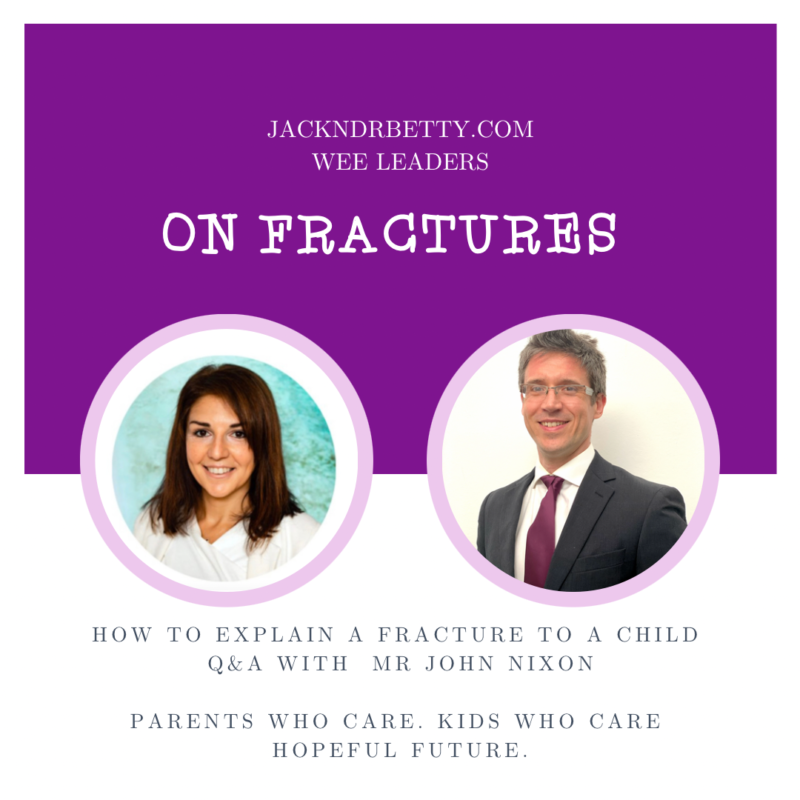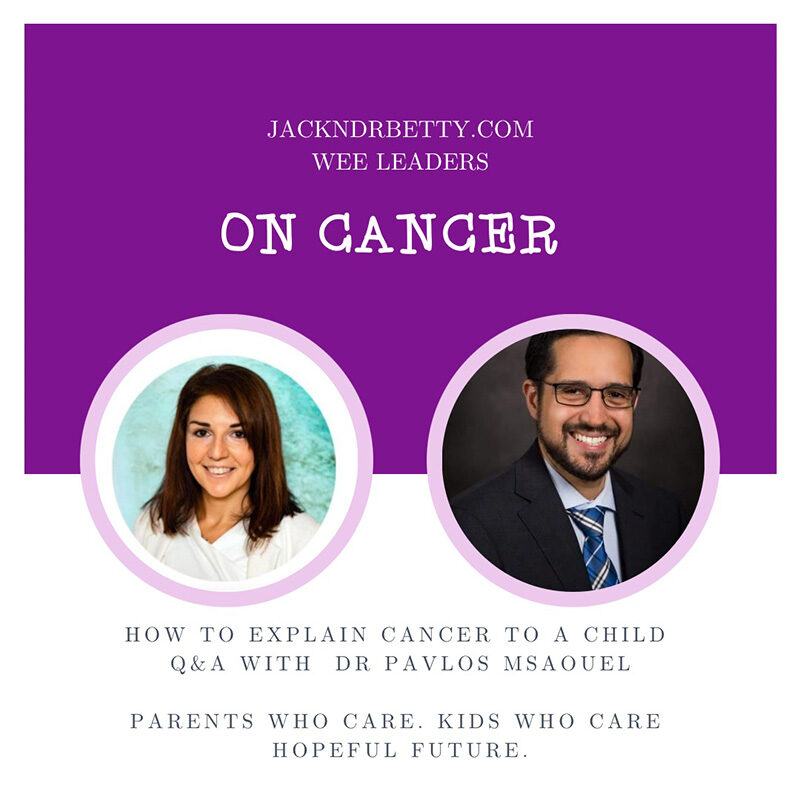
Q&A challenge with Dr Nigel Packham
JackNDrBetty blog meets Dr Nigel Packham, Associate Director safety NASA, who discusses risk and safety in simple words, but also shares fun space stories! Enjoy!
Hi Nigel. Thank you so much for taking our Q&A challenge “if you can’t explain it to a 6y old, you don’t understand it well enough”. Today we will talk about safety, and innovation.
Wee Jack what’s to become an astronaut, as you know…
Q: When did you decide to join NASA? Has it been a childhood dream?
It was right after I obtained my Ph.D. from Texas A&M University that I had the opportunity to come to NASA. But I did have dreams of becoming an astronaut a long time before that, ever since I watched Neil Armstrong walk on the moon.
Q: How would you explain in simple words what your job is?
I make sure that when astronauts go into space, they are as safe as they can be. Now space is not a very friendly place; there’s no air to breathe, it gets very hot when the sun is out and then very cold when the sun goes in. And even though you think it would be fun to be weightless and float around like a bumble bee, it really makes some things very difficult to do.
Q: What do you find most rewarding?
Every time a crew of astronauts land safely after their mission has ended, I remind myself that I had a lot to do with making sure they came home safely.
Q: What are the things you would like to change about your job?
Nothing really. I spend time with my friends and fellow workers. One thing I have found is that it takes a whole bunch of different people to make everything work correctly. I can’t do it all myself.
Q: My mom says “don’t go near the train rail. It isn’t safe!” Now that I have a safety expert, I want to ask what is safety?
Safety is knowing that although there might be many things out there that could harm you, you are protected from it by people like your Mom who knows what could happen if you touched that third rail.
Q: How can we measure it?
Instead of measuring safety, we measure risk. That is, how likely is it that a bad thing could happen even though we’ve done everything we can to make it is safe as possible.
Q: Does how we see “safety” change as we become have more information about something?
Absolutely. Let me give you an example. You see 2 snakes in front of you (I hate snakes). One of them has a red head and one has a black head. How do you know which one is dangerous? Well, you need information. You could go on a website and search for the same type of snakes that you are looking at. Or, you could ask an expert to tell you which one is safe. But most importantly, you need information before you can assess the risk.

Q: What is “risk”?
Risk is being exposed to something that is or could be dangerous.
Q: What is “risk-management”?
Risk management is looking at all of the risks that you might be facing and decide how to protect yourself to make that risk either go away or make the likelihood that it could happen very small.
Q: Now, going to space is VERY cool! How much preparation is required for a mission? How much time? How many different people involved?
Typically, astronauts train for at least 2 years before they are ready to fly on their mission. But there are literally hundreds of people that are involved, from the people that train the astronauts, to the medical doctors who make sure they are healthy, even to their families since they are going away sometimes for more that 6 months at a time.
Q: A fun story you could share with Jack and his friends about space travel? When to go into space, you become weightless, and can float around. You can pick up very heavy things because they also don’t weigh anything. So how do you think we can train people to work in a weightless environment? Well, we do that using a special plane that flies in a particular way (we call them parabolas) so that you get about 25 seconds of weightlessness. And you get that opportunity 40 times during each flight. It is a lot of fun. I’ve been in this special plane about 100 times so far.
Dr. Packham is the Manager of the Flight Safety Office (FSO) in the JSC Safety and Mission Assurance (S&MA) Directorate, which has responsibility for implementation of the Safety Technical Authority for all human spaceflight programs. Dr. Packham is also Associate Director, Technical, for the S&MA Directorate and the Deputy Technical Lead for Life Support Systems for the NASA Engineering and Safety Center. In addition, he was the Project Manager for the effort that culminated in the release of the Columbia Crew Survival Investigation Report.

Prior to these appointments, Dr. Packham served as the Chief of the Environmental Factors Branch of the (then) Space Life Sciences Directorate, which had responsibility for the oversight of environmental quality (water, air, microbiological, radiation and acoustics) for all for all Human Spaceflight Programs. He started his career at NASA in the Engineering Directorate working on the Space Shuttle Program, ISS, and Advanced Life Support Systems. In this position, he also served as the commander of a four-person crew that spent 91 days inside a 6-meter diameter chamber to demonstrate the capabilities of advanced systems for air, water, and waste recovery for long-duration missions.
Click here to buy online and download the book “Dare to Dream Big”
Ioanna Nixon, Consultant Oncologist, executive Coach, and author.Dr Ioanna Nixon is a senior oncologist in Glasgow, UK. She specialises in sarcomas and her research focuses on novel cancer therapies, quality of life and clinical innovations. She has led the Scottish Sarcoma Network since 2015 till early 2022and is the Cancer Innovation Lead for the West of Scotland. She is an honorary clinical senior lecturer at Glasgow University and an academic at Strathclyde Business School, researching on health policy and leadership. She is also an executive coach, specialising on resilience, leadership, and wellness.






No comment yet, add your voice below!